An Asian college student who had her picture taken at a ramen restaurant in Atlanta was shocked to discover she was the subject of a racist photobomb.
Rebekah Lee is a 19-year-old student at Emory College of Arts & Sciences who was a patron at the Ton-Ton Ramen restaurant at Ponce City Market on Saturday.
When her food arrived, she had her photo taken.
To her dismay, Lee noticed that a woman behind her in the photo appeared to be teaching or encouraging a young girl to pull back her eyes, causing them to narrow in a slant.
The gesture is typically used to mock Asian eyes.
Lee couldn't believe the casualness at which the gesture was essentially being passed down to the next generation inside what should be a safe space for those seeking comfort food from an identifying culture.
Warning: racist gesture.
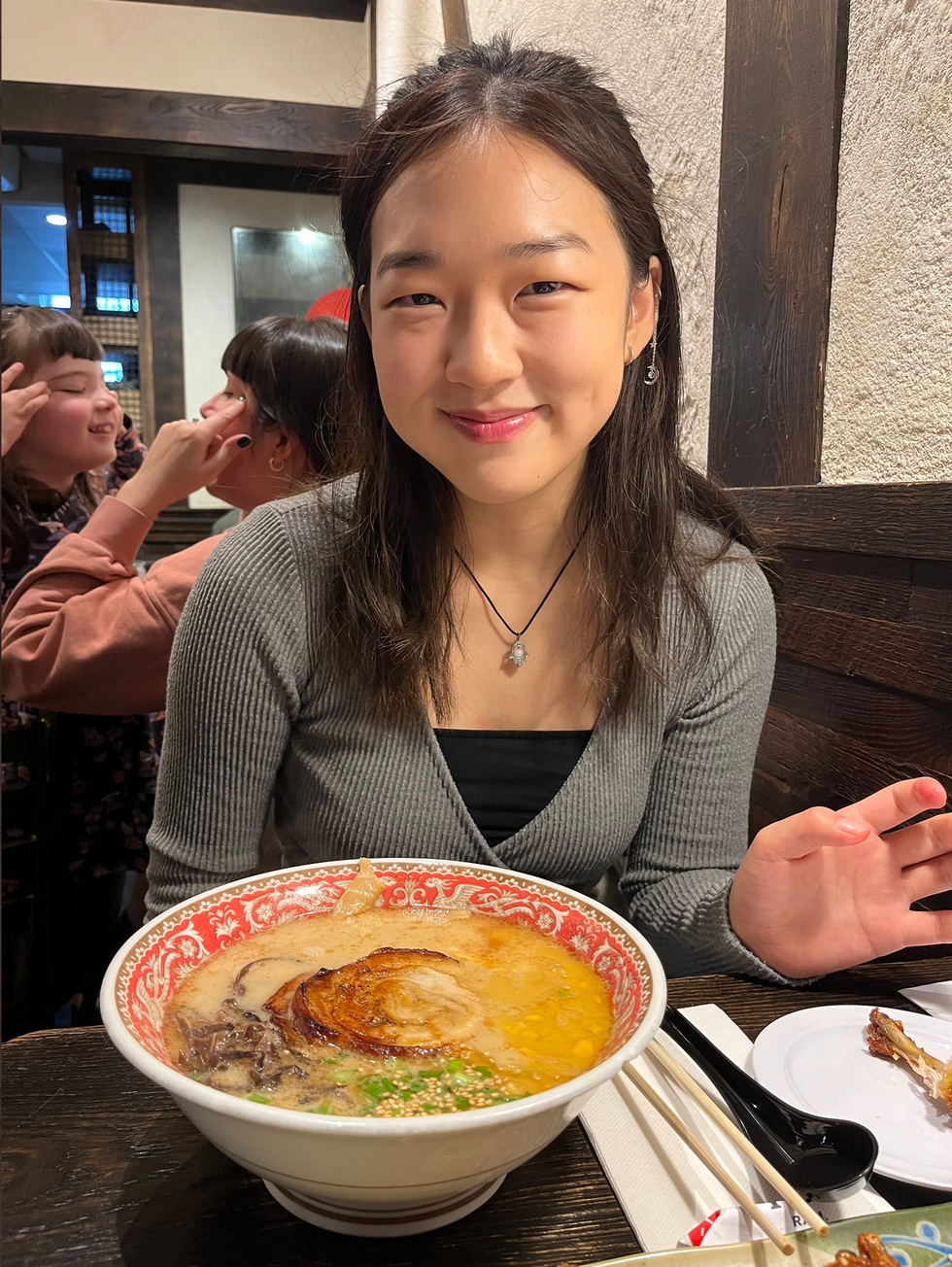
No, they are not rubbing their temples to relieve a migraine.
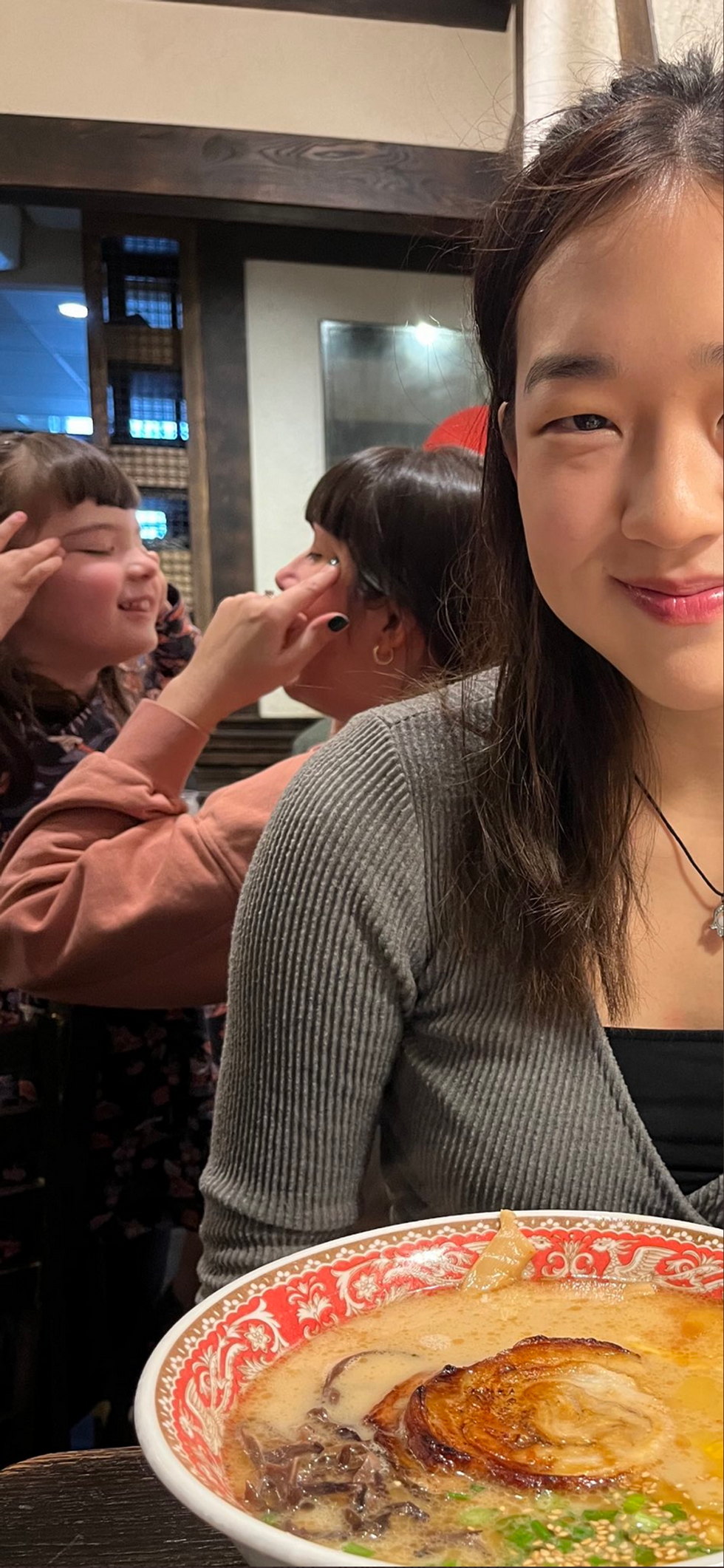
No, they are not exchanging telepathic messages at the table.
They are literally pulling the corners of their eyes back.
What would drive an adult to motivate a child to do this at an Asian restaurant?
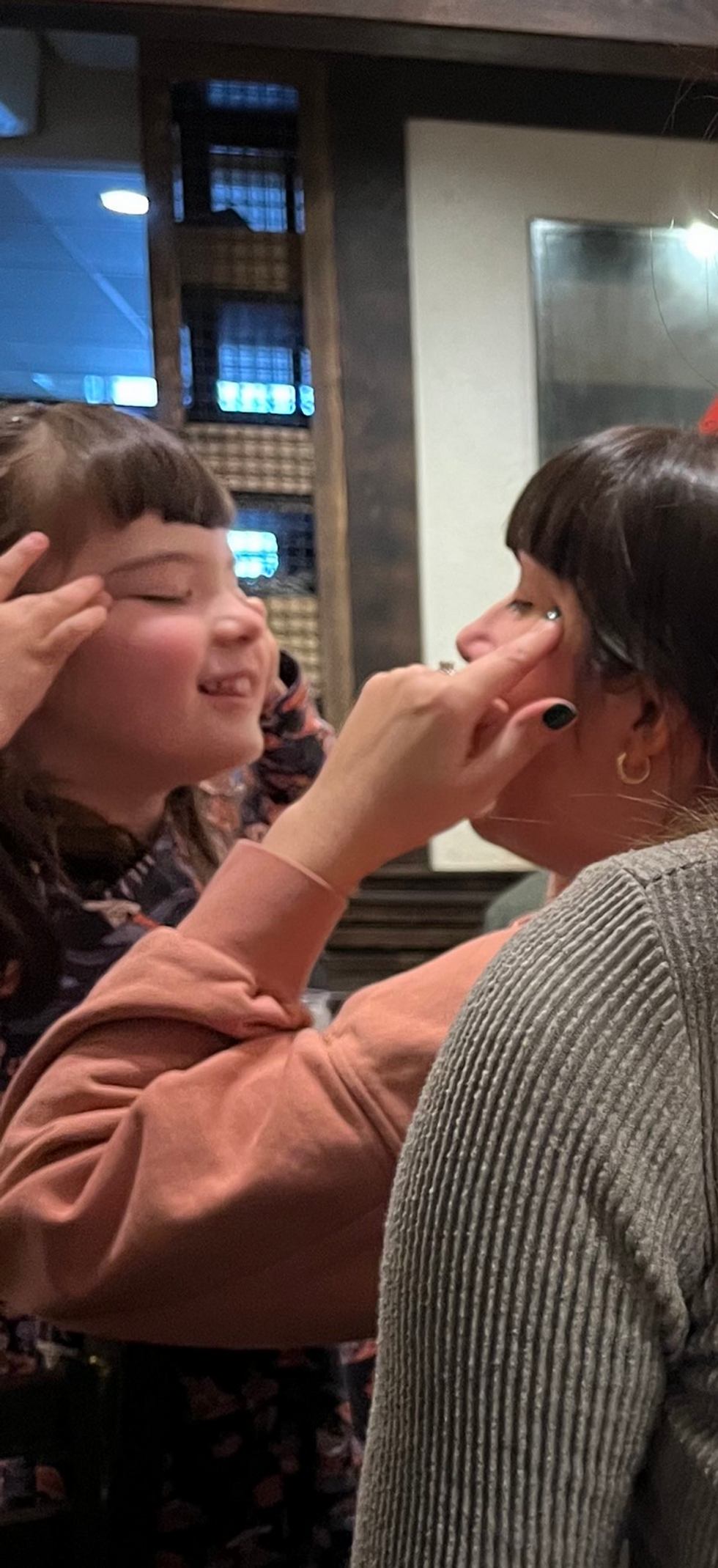
Lee spoke to NextShark about the incident.
“[I] had my picture taken when the food came out,” said Lee. “I did not notice the people behind me at all."
"I had heard giggling from the two, but I presumed it to be a happy family outing."
She didn't find out until later what was happening behind her.
"After receiving the pictures later that night, I noticed that scene in the background of my picture."
Lee said she tweeted the photo the next day, "not expecting the reception I received.”
Her tweet went viral with over 500K likes and well over 64K retweets.
In the viral tweet, Lee instructed viewers to take a closer look at the other element in the photo.
"Hold up.. lets zoom, in here," she wrote.
In a follow-up tweet, Lee brought up another incident in which she was made fun of for the same physical feature.
Lee continued telling the media outlet:
"Although I can’t confirm that the faces that the parent and child were making were truly meant offensively, I can’t deny the context and situation that they are in."
People were outraged over the scene taking place behind the college student.
A handful of people were confused as to why this might be offensive.
In response to the confusion, these users took the opportunity to enlighten the ignorant crowd.
It can't erase the memory of what happened, but these edited images were the next best thing.
Asians have long been subjected to mockery for their eyes.
Now, there is a new development in the beauty industry where the facial feature has turned into a trend called the "fox eye" that is being accused of cultural appropriation and being racially insensitive.
The makeup trend involves non-AAPI people elongating their eyes to achieve almond-shaped eyes that were popularized by the likes of Bella Hadid and Kendall Jenner–neither of whom is Asian.
“Throughout our lives, our eyes have been weaponized against us and now we’re being told that we should be grateful that society is finally embracing them,” says Alyssa Ho–an anti-racism advocate.
“Asians have been bullied, ridiculed, ostracised, mocked and humiliated for our eyes [and now] our eyes have been appropriated to become a trend that many take part in for the aesthetic rather than to show appreciation.”
Another reason why Lee's negative reaction to her photo was warranted can be explained by Cary Chow, who wrote an article on why the slanted-eye gesture needs to stop.
"For many Asian-Americans, the gesture represents the concept of otherness."
He added that "when others reduce your entire identity to a simple facial feature, it can have a lasting psychological effect."

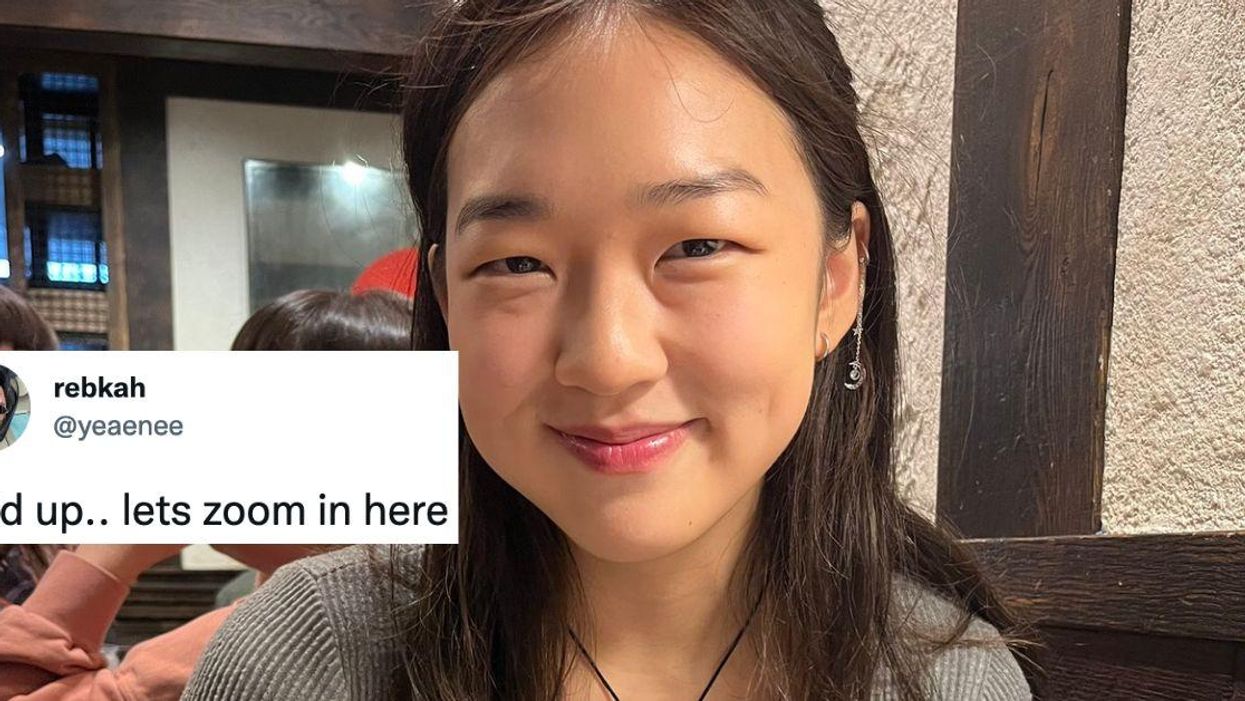

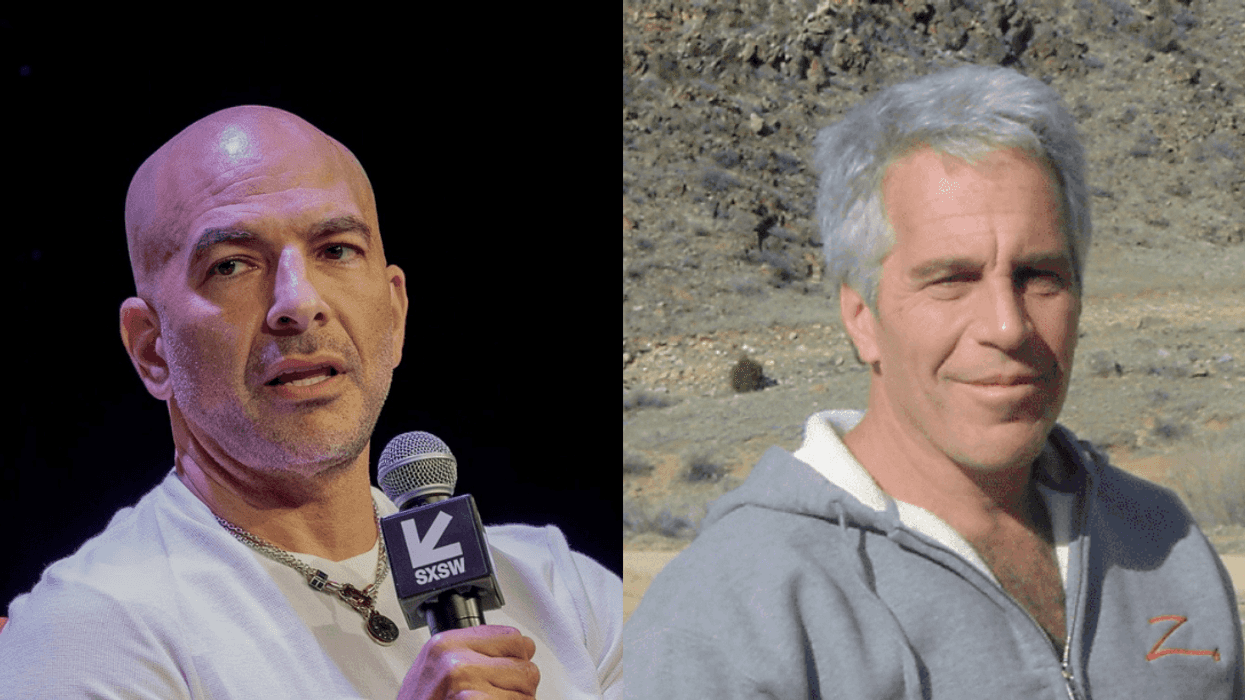




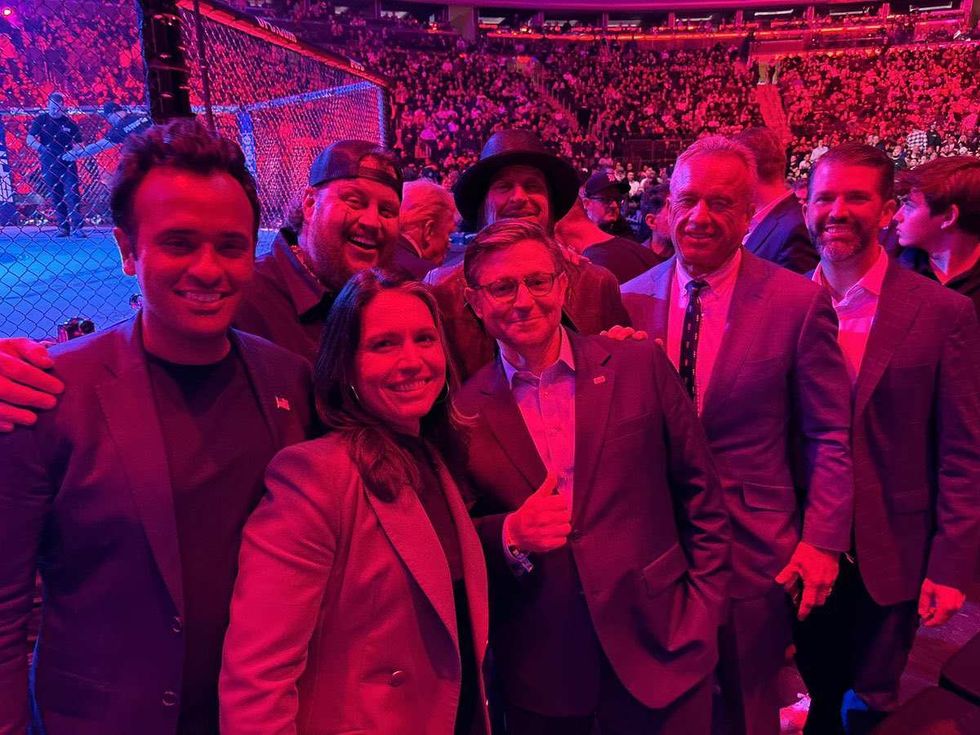 @WUTangKids/X
@WUTangKids/X @WUTangKids/X
@WUTangKids/X @WUTangKids/X
@WUTangKids/X @WUTangKids/X
@WUTangKids/X







